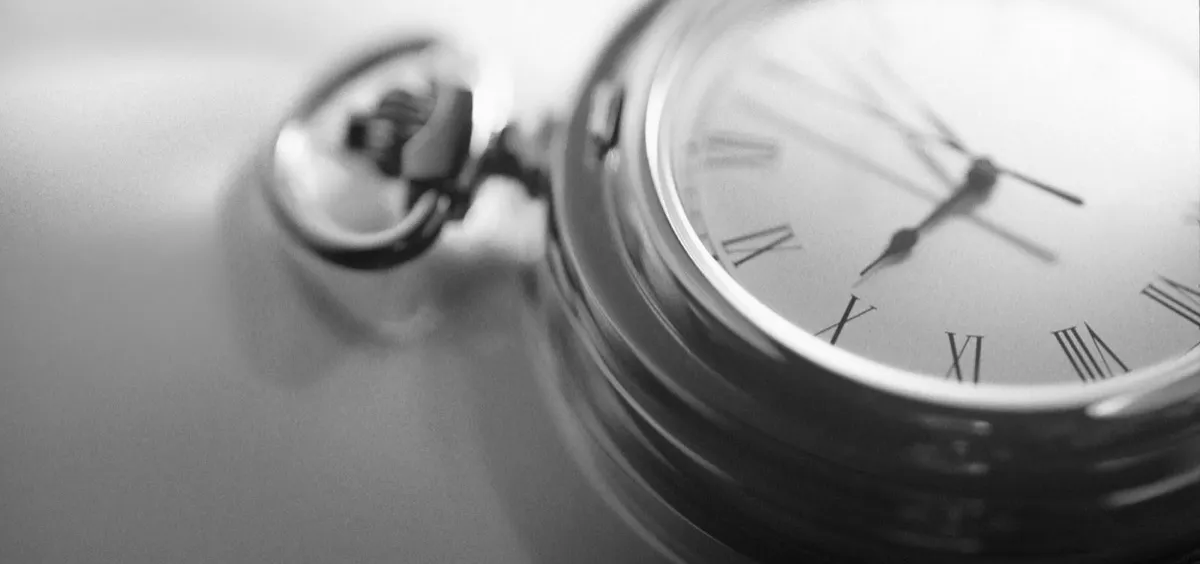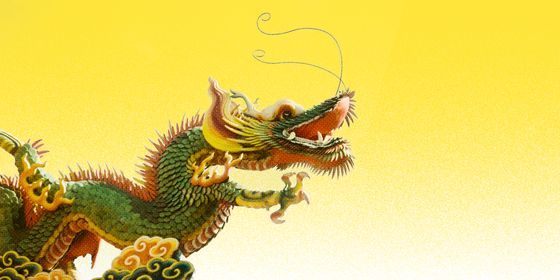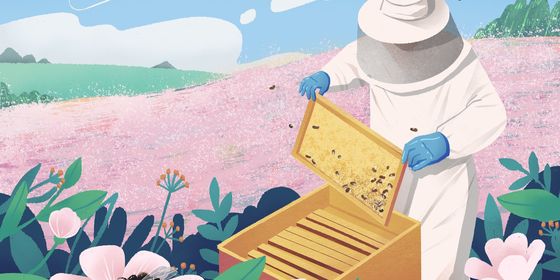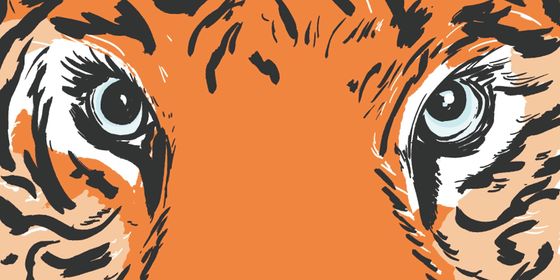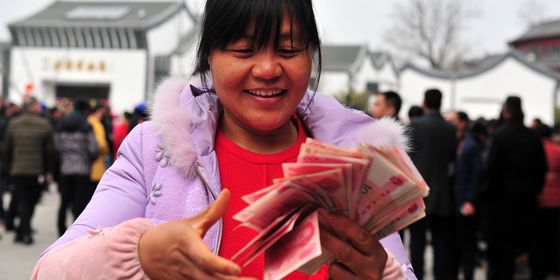Sayings about years and the passage of time
Few things conjure up as much excitement as a new year, a chance for one to break with old habits and embrace a fresh beginning. Yet the oracle bones, the earliest form of Chinese writing, never mention 年 (nián, year) as a unit of time, but referred to 日 (rì, day) and 月 (yuè, month) only.
Historians believe that the concept of 年 evolved from 祀 (sì, ceremony), another oracle bone character that indicated the sacrificial rituals that the Shang dynasty (1600 — 1046 BCE) would perform according to the seasons. The Shang’s successors, the Zhou dynasty (1046 — 256 BCE), did away with the human sacrifices but kept this manner of counting time, and began referring to one complete cycle of agricultural seasons as 年.
Since then, 年 has been integral to Chinese timekeeping—which famously assigns 12 zodiac animals to their own years—and has formed various chengyu usually used as a metaphor for a long period of time:
猴年马月 hóunián-mǎyuè
Monkey year and horse month; an interminable time
The origin of this picturesque chengyu is debated among linguists. Some believe it originally referred to a donkey (驴 lǘ) instead of a monkey; however, since the donkey is not one of the 12 Chinese zodiac animals, a “donkey year” indicates a time that never comes. Others say 猴 is a corruption of 何 (hé), a question word meaning “which.” The second half of the chengyu, “horse month,” refers to one of the 12 traditional months in the Chinese calendar.
If you continue getting distracted from your studies, goodness knows when you’ll be able to graduate.
Nǐ zhèyàng sānxīn-èryì de xué xiàqù, hóunián-mǎyuè cái néng bìyè.
你这样三心二意地学下去,猴年马月才能毕业。
度日如年 dùrì-rúnián
A day passes like a year
Time seems to pass extra slowly when you’re miserable. Therefore, a day that feels like a year usually refers to a period of great hardship or suffering.
Each day away from you is like a year.
Nǐ bú zài de shíhou, wǒ dùrì-rúnián.
你不在的时候,我度日如年。
似水流年 sìshuǐliúnián
Years flowing like water
In contrast to the chengyu above, this saying is the equivalent of “time flies”—a period of great enjoyment that passes quickly, like flowing water.
We must cherish these good times that will go by all too soon.
Wǒmen yào hǎohǎo zhēnxī zhè sìshuǐliúnián de měihǎo shíguāng.
我们要好好珍惜这似水流年的美好时光。
三年五载 sānnián-wǔzǎi
In a few years
Literally meaning “three or five years” (载 is an archaic way of referring to years in plural), this phrase refers to an unspecified period of years:
Her daughter works overseas, and only visits home once every few years.
Tā nǚ’ér zài hǎiwài gōngzuò, sānnián-wǔzǎi cái húijiā yí cì.
她女儿在海外工作,三年五载才回家一次。
长年累月 chángnián-lěiyuè
Month after month, year after year
This self-evident chengyu refers to the passage of a long time, and is often found in contexts describing someone putting hard work into a project over many years, or gaining experience.
These research achievements are the result of several generations of scientists’ hard work year after year.
Zhèxiē yánjiū chéngguǒ jīngguò le jǐdài kēxuéjiā chángnián-lěiyuè de nǔlì.
这些研究成果经过了几代科学家长年累月的努力。
流年不利 liúnián bú lì
An unfavorable year
This is a phrase that comes from fortune telling, though it’s now used to reflect upon an embarrassing past year as much as it expresses one’s apprehension about the future—hopefully, this new year won’t be one of those.
Due to the coronavirus epidemic, this has been an unfortunate year for the travel industry.
Yóuyú xīn guān yìqíng, jīnniān dùi lǚyóu hángyè lái shuō zhēn shì liúnián bú lì.
由于新冠疫情,今年对旅游行业来说真是流年不利。
年深日久 niánshēn-rìjiǔ
Age-old; timeworn
This phrase can describes the condition of something after a long passage of time, and often implies it has deteriorated with age, though not necessarily:
Their friendship goes way back, and is not likely to change.
Tāmen liǎng de yǒuyí niánshēn-rìjiǔ, nán yǐ gǎibiàn.
她们俩的友谊年深日久,难以改变。
年年有余 niánnián yǒu yú
A surplus year after year
Often found holiday posters, and corrupted into 年年有鱼 (“fish year after year”) based on identical pronunciation, this phrase is a blessing for riches and good fortune in the new year—and we wish the same to you.
Wishing you prosperity in business and surpluses every year.
Zhù nín shēngyi xīnglóng, niánnián yǒu yú.
祝您生意兴隆,年年有余。
Cover Image from VCG





